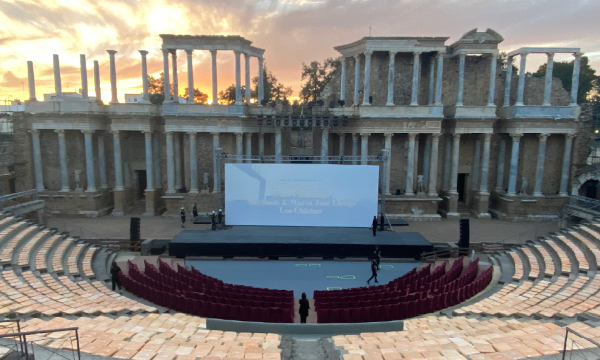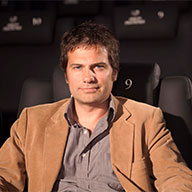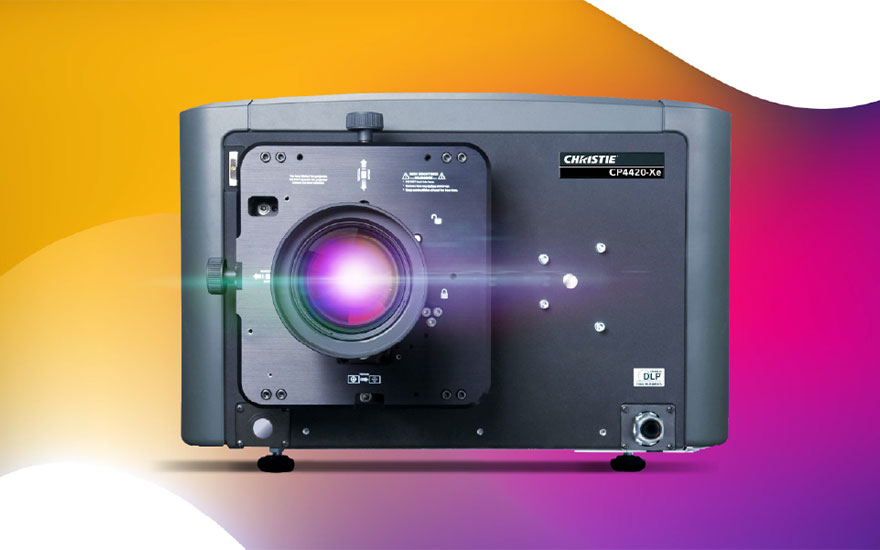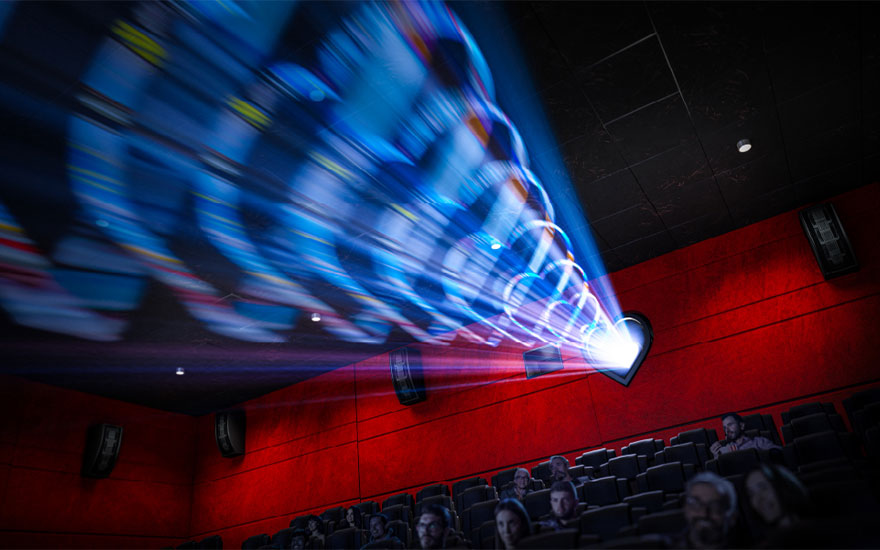How Proyecfilm is bringing the big screen back to rural Spain
In a small town in Spain’s empty interior, where most shops have closed and young people have long since left, a set of red cinema chairs begins to fill. Families arrive with anticipation. Children clutch their tickets. The lights dim, and the screen flickers to life.
This is the work of Proyecfilm — a company born from one man’s stubborn belief that cinema belongs to everyone, everywhere. For more than 30 years, Proyecfilm has been reviving the moviegoing experience in some of Spain’s most remote and underserved places, one screen at a time.
Founded in the early 1990s by Joaquín Fuentes, and now managed by his son Alberto, Proyecfilm runs a network of rural cinemas, open-air screenings, and traveling film events across the country. In a landscape often described as la España vacía (the empty Spain), their work has become a lifeline for communities — not just for culture, but for connection.
“There are towns where the arrival of the cinema is the biggest thing that’s happened in years,” says Alberto Fuentes. “It’s not just entertainment. It’s identity. It’s people coming together.”
“We’re not trying to compete with the multiplexes,” says Alberto. “Our mission is different. We go where no one else does. And we bring cinema back to places that thought they had lost it for good.”
A generational legacy of cinema projection
Joaquín Fuentes was literally born in a projection booth — in a summer cinema in Piedralaves, Ávila, where his father worked as an operator and hand-painted movie posters. As a child, he travelled with his father from village to village with a 16mm projector, a bed sheet as a screen, and a brick wrapped in a blanket for heating.
That same spirit lives on today through Alberto, who has helped expand Proyecfilm into a circuit of 18 operational cinemas across Spain. From Galicia to Andalusia, many of the venues had been closed for years before Proyecfilm stepped in to refurbish and reopen them in partnership with local councils. Others are temporary installations that transform community halls, public squares, or even ancient Roman theatres into fully functioning cinemas.
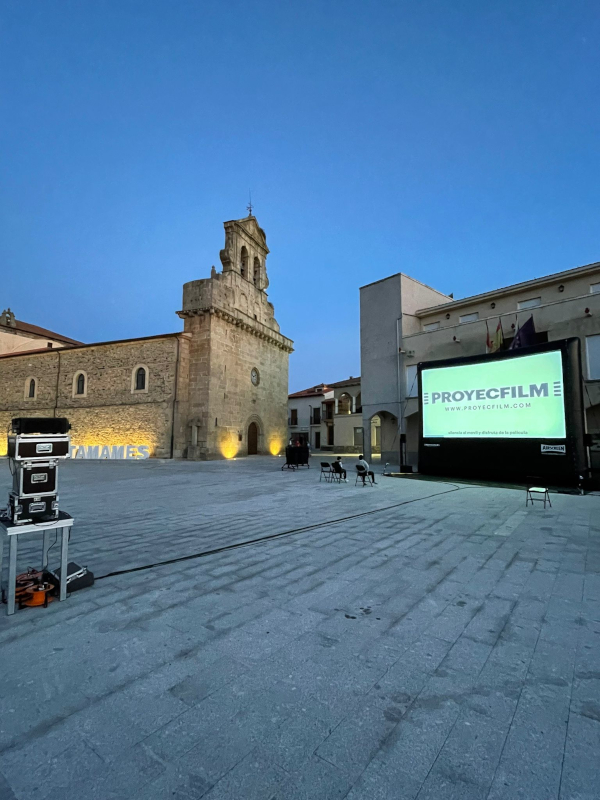
Proyecfilm brings the moviegoing experience to towns throughout Spain.
Each week, the team plans which films will play in which towns. “We know what each community likes,” says Alberto. “Some prefer family films. Others respond better to action or comedies. Sometimes you take a chance, and it fills the house. Other times it doesn’t. But we always listen.”
Their work isn’t only seasonal or site-specific. Proyecfilm also delivers mobile cinema experiences to hospital wards around the country, offering exclusive pre-release screenings to children and patients who can’t attend a theatre.
Recent examples include Disney’s “Inside Out 2”, “Frozen 2”, and “Dragonkeeper”, which were shown simultaneously in several hospitals across Madrid, Seville, and Barcelona. The screenings — complete with professional sound systems, proper screens, and projection quality that meets DCI standards — turn recovery rooms into immersive cinema spaces.
“When you see a child in a hospital bed light up watching a premiere just like any other kid — that’s the kind of moment that stays with you,” says Alberto.
Projectors on the road
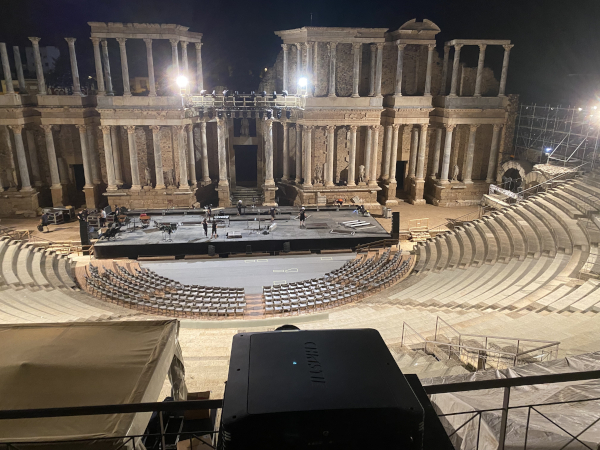
Proyecfilms sets up their mobile cinema experience at an ancient theatre in Spain.
To support such a wide range of venues — from theatres with 500 seats to outdoor screenings in remote plazas — Proyecfilm relies on a versatile fleet of projectors. They currently operate around 15 Christie DCI projectors and 12 non-DCI units, built up steadily since their first Christie Vivid Green projector back in 2001.
Their DCI lineup includes models like the CP2210, Solaria One, CP2308, and three CP2215 projectors. More recently, they added their first RGB pure laser projector, the CP2415-RGB, with plans to expand in this direction.
Their non-DCI projectors range from the LX and DWU series to 4K projectors like the 4K10-HS, to support their itinerant and temporary cinemas.
“We work in tough conditions — setting up and tearing down constantly, sometimes in open-air venues, sometimes in buildings that haven’t hosted films in decades,” says Alberto. “What we like about Christie projectors is that they hold up. They’re solid, reliable, and deliver sharp colors no matter where we are. We know we can trust them.”
Proyecfilm’s long-standing relationship with Christie dates back to the late 1990s, when the company first began working with Spanish integrator Sercine — founded by José Manuel Fuentes, brother of Joaquín and uncle to Alberto. Sercine, which introduced Christie 35mm projectors to Spain and later championed digital projection, played a crucial role in supplying and installing the company’s first Christie units.
“We’ve always worked with Sercine, since the beginning,” says Alberto. “They were the first to bring Christie to Spain, and they’ve always believed in the brand — just like we have.”
Reclaiming the social power of cinema
At its core, Proyecfilm is less about technology and more about the human experience of film. Their cinemas often serve towns of fewer than 10,000 people, where other cultural services are scarce or non-existent. Ticket prices are kept affordable, and programming is tailored to each location’s preferences.
Their business model combines community support with municipal collaboration. Town councils typically provide the venue — often an old cinema or theatre — while Proyecfilm handles everything else, from equipment to programming. It’s not always easy or sustainable, but when it works, it transforms lives.
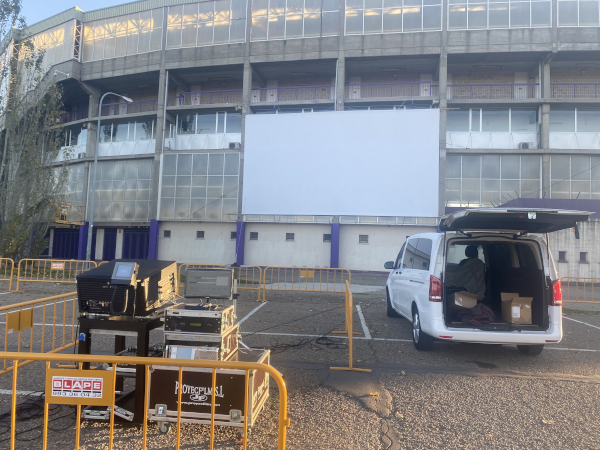
With a fleet of Christie projectors, Proyecfilm runs a network of rural cinemas, open-air screenings, and travels to film events across the country.
“People get emotional when a cinema reopens in their town,” says Alberto. “We get messages from residents thanking us because they hadn’t had anywhere to go for years. Just being able to go to the movies on the weekend — it becomes a big deal.”
Looking ahead, Proyecfilm hopes to expand further — with more RGB laser units, more hospital screenings, and more small-town cinemas reopened from silence.
“We’re not trying to compete with the multiplexes,” says Alberto. “Our mission is different. We go where no one else does. And we bring cinema back to places that thought they had lost it for good.”
